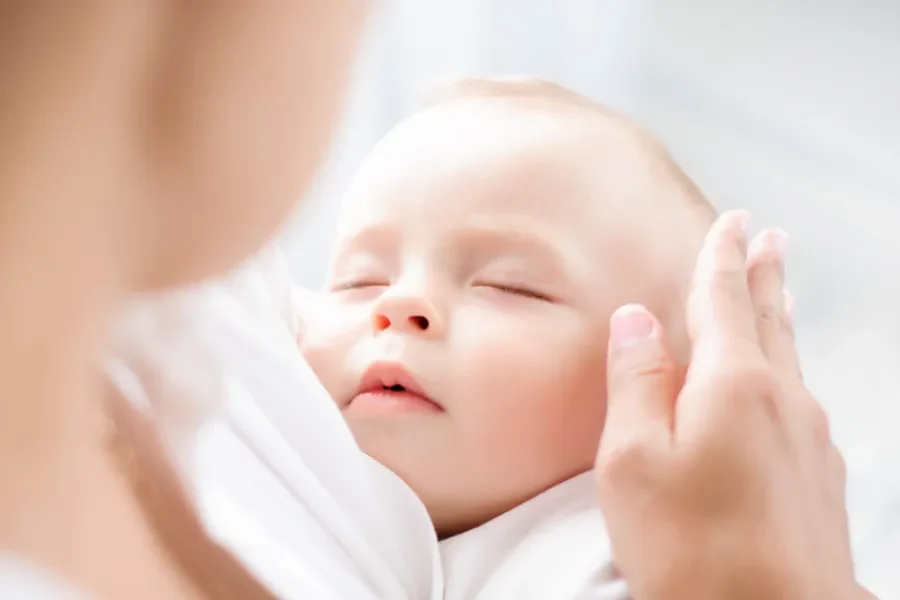As a new parent, you’re undoubtedly bombarded with countless questions, and let’s face it, the sheer volume can be overwhelming. Babies don’t come with instruction manuals, and despite months of research and preparation, there’s often a lingering sense of unpreparedness once you’re home with your little one. Every baby is unique, so no amount of advice can fully prepare you for your specific child.
Sign up to receive more tips for better sleep!
While topics like feeding and diapering might be contentious in their own right, it’s sleep and crying that often take center stage. As a baby sleep consultant, I’ve delved deep into both subjects because one of the biggest concerns parents have when considering sleep training is, “Will my baby cry?”
However, it’s not the cry itself that’s the concern. Babies cry; it’s how they communicate. The real question parents want to answer is, “How much will my baby cry, and will I be able to provide comfort when they do?”
This concern has become increasingly significant in recent years, with a growing debate between attachment parenting advocates and sleep training proponents. Attachment parenting suggests that responding immediately to a baby’s cries is essential, claiming that failing to do so could cause harm, even brain damage.
But is this fear grounded in scientific evidence? The debate around this question has raged for decades, with attachment parenting advocates accusing sleep training supporters of neglecting their babies for the sake of convenience.
Dr. William Sears, one of the leading proponents of attachment parenting, made claims about the harm of allowing babies to cry, citing studies to back his position. However, some researchers whose work he referenced countered that his use of their research was misleading.
One study that added fuel to this debate was conducted by Dr. Anna Price in 2012. It followed a group of 226 children, examining various factors, including sleep training. Five years later, she followed up with these families to assess any potential long-lasting effects of sleep training. The result? There was no evidence of marked, long-lasting effects.
Critics have raised concerns about the sample size of studies like Dr. Price’s, always demanding further research, even when existing research doesn’t support their position.
In March of last year, Pediatrics published another peer-reviewed study confirming the safety and effectiveness of sleep training. Yet, for steadfast attachment parenting advocates, this did little to sway their perspective.
For new parents bombarded with conflicting information, it’s crucial to know that sleep training is safe. Quality sleep is beneficial for both you and your baby. Focusing on your child’s sleep habits is a commitment that will pay off exponentially, leading to peaceful nights and a well-rested family.
In conclusion, the answer is clear: sleep training is safe. Both you and your baby can sleep soundly, knowing you’ve made the right choice.

